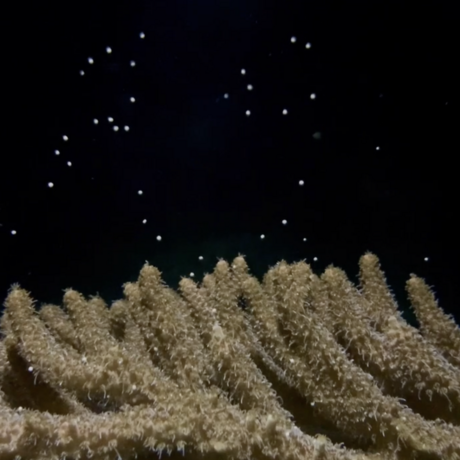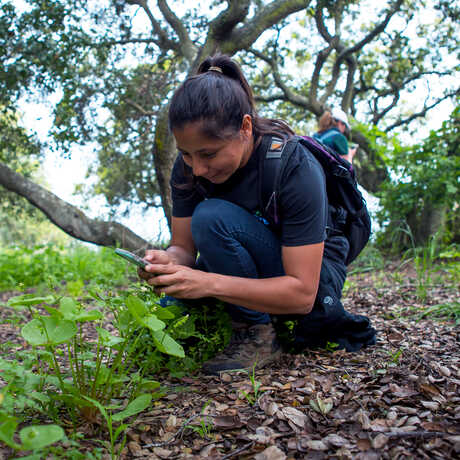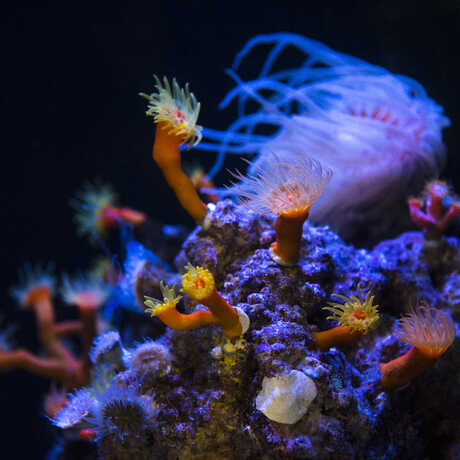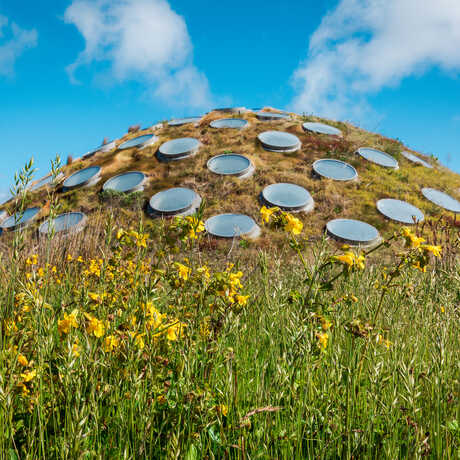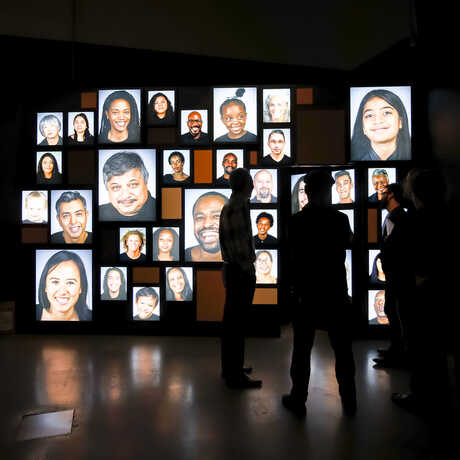
Sustainability is not enough. To repair our damaged ecosystems and climate, we need to redo what Earth got right the first time. It’s time to regenerate the natural world.
From gloom to bloom
In a perfect world, we’d realize that our world is perfect. With very little ego, our humble home planet keeps biodiversity balanced, ecosystems harmonious, and the climate calibrated. Humans? Unfortunately, the least perfect—but luckily, the most clever. And we’re finally onto something: To save the Earth, we have to strengthen the Earth.
When our ecosystems are more intact, healthier, and more biodiverse, they’re more resilient and better able to flex their muscles against left hooks like climate change—and do what they’ve been doing brilliantly for billions of years: nurturing, sustaining, and regenerating life.
Let's get growing
At the Academy, we’re focusing our science superpowers on the ecosystems that need them most: coral reefs, tropical islands, and our very own home state. While the initiatives below are relatively new, they’re already making a splash. See where we’re getting a jumpstart on regeneration:
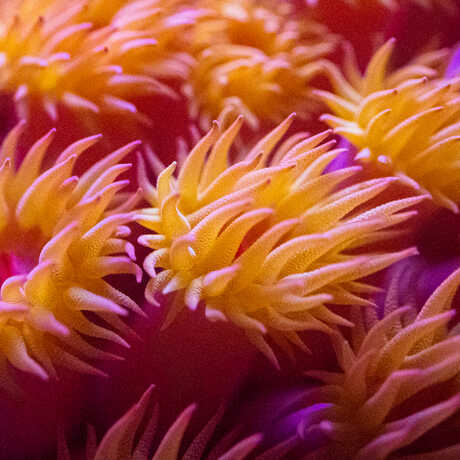
Coral reefs are in hot water—literally. As climate change heats up our oceans, these ecosystems are at risk of collapse this century. So we’re playing coral matchmaker. As the first US aquarium to spawn baby corals, we’re giving these fragile creatures a fighting chance.
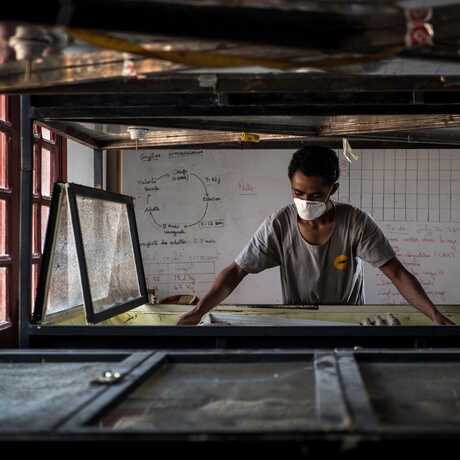
Islands are oases of biodiversity, thanks to their isolation and unique conditions. They’re also homes for hungry humans—and that combination sometimes breeds conflict. In Madagascar, we’re learning from the locals and cooking up solutions: They’re called crickets, and they’re delicious.
Photo: Brian Fisher © California Academy of Sciences
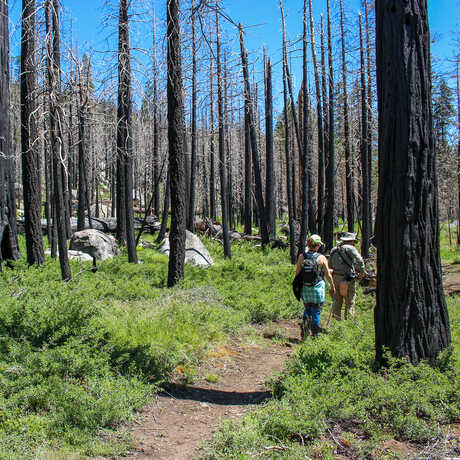
California wildfires are growing larger and fiercer. Deep in the Sierras, the Academy and the US Forest Service are collecting data to better understand the relationship between prescribed burns and enhanced biodiversity—and how both can boost forest resilience in the future.
Inspired and energized? Bummed and bewildered? You’re in the right place.
We’re here for all the feelings when it comes to regenerating our world—especially curiosity. Embark on a bioblitz, explore our exhibits, and see how diversity, equity, inclusion, and access are central to science. If you’re also feeling generous, you can join our movement by making a donation in any amount to support the above projects, and more. Not ready for philanthropy? Let us enhance your inbox with science (and seahorse GIFs).
We're in the business of making babies. Coral babies, that is. Step into CoRL to see where the magic happens.
Shutterbugs help protect actual bugs. Hit the streets for four days every spring to document the flora and fauna that call your ‘hood home.
Deep reefs are little-known refuges of biodiversity. Take the plunge without a rebreather at this Academy exhibit.
An all-new exhibition uncovers the critical connections between California's people, places, and species.
In our experience, the grass is always greener when it’s planted in 50,000 biodegradable vegetation trays made from tree sap and coconut husks.
Science isn’t just for everyone. Science needs everyone. See how we’re making the Academy a more welcoming place to be.

» Reversing biodiversity and habitat loss to fight climate change.
» Restoring critical ecosystems—and our place within them.
» Reshaping environmentalism to welcome diverse voices.
» Remembering that we are part of, not apart from, the natural world.
